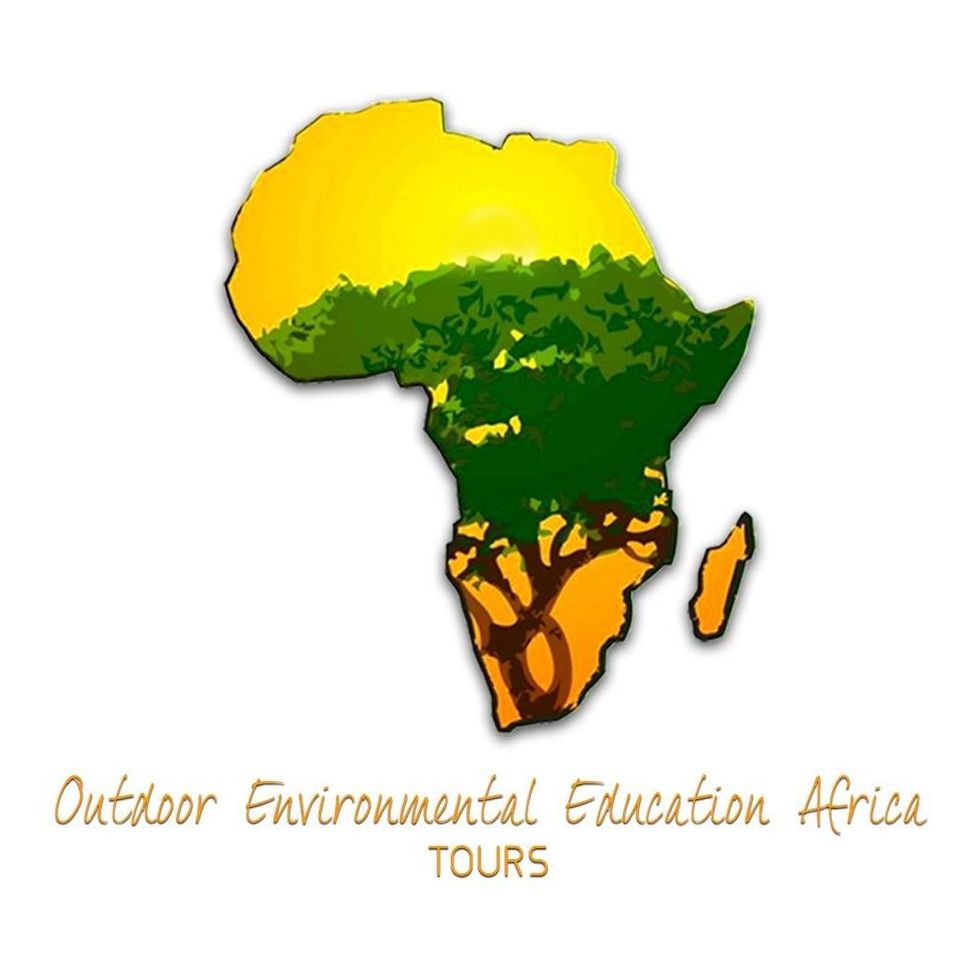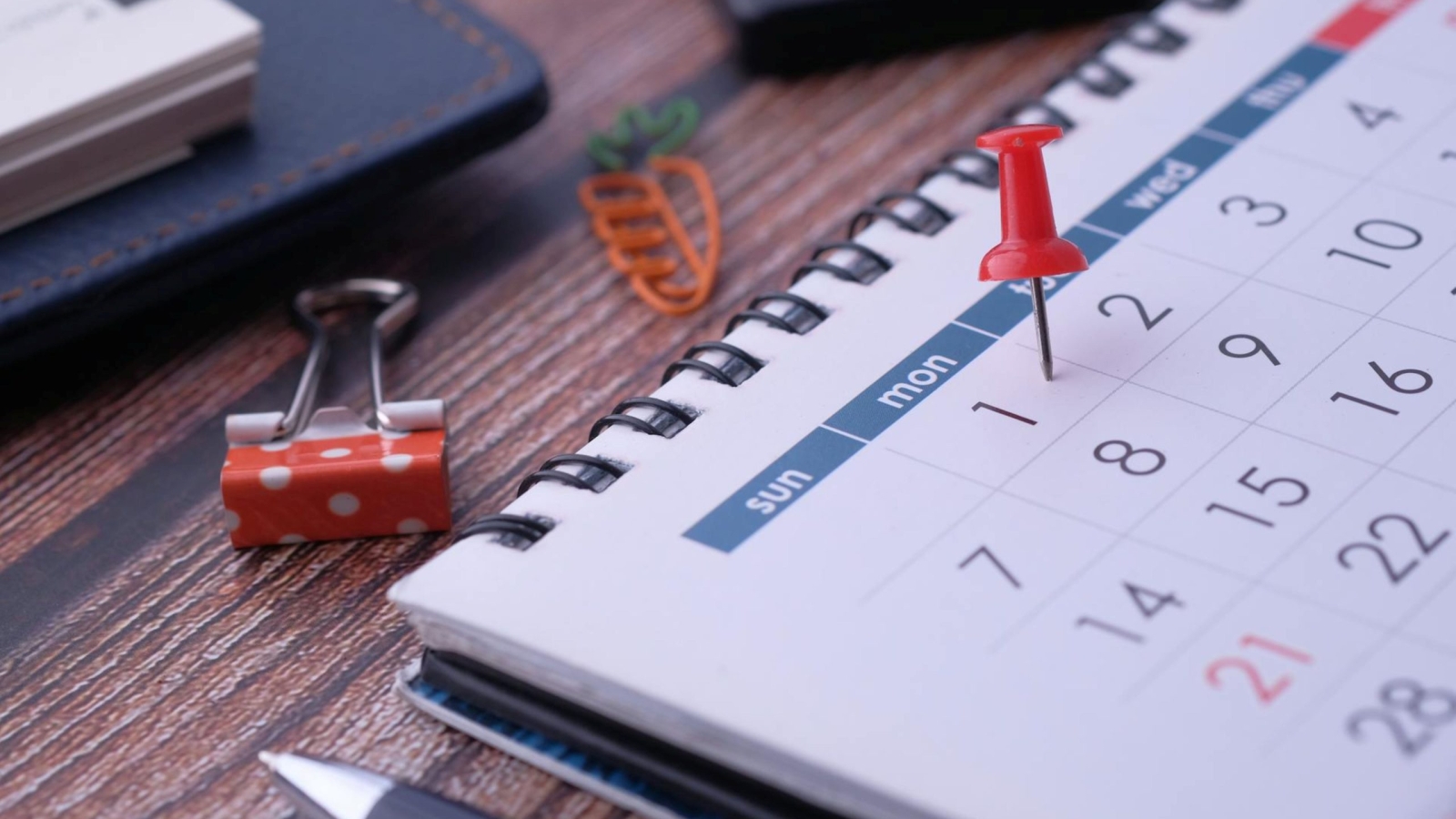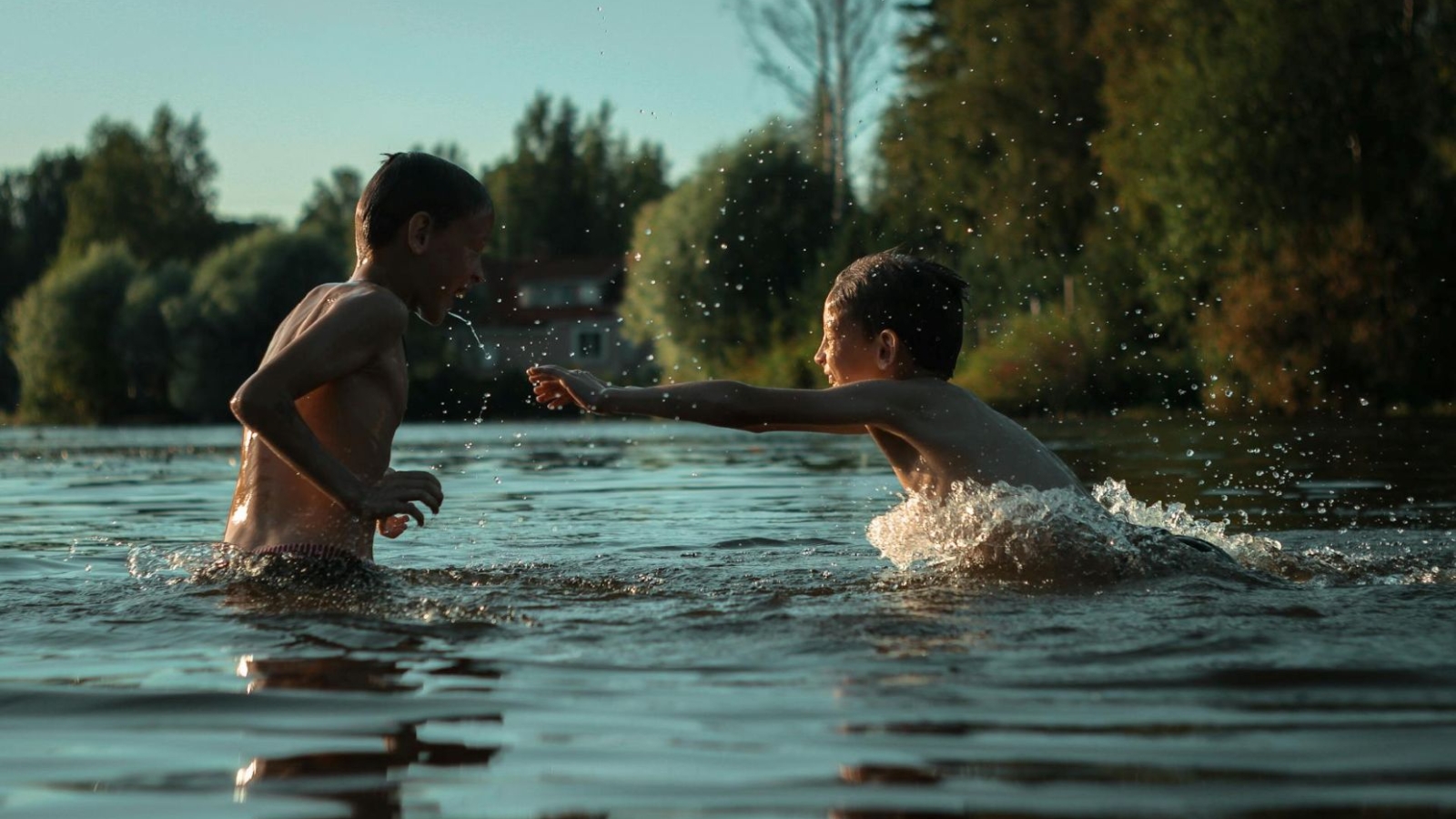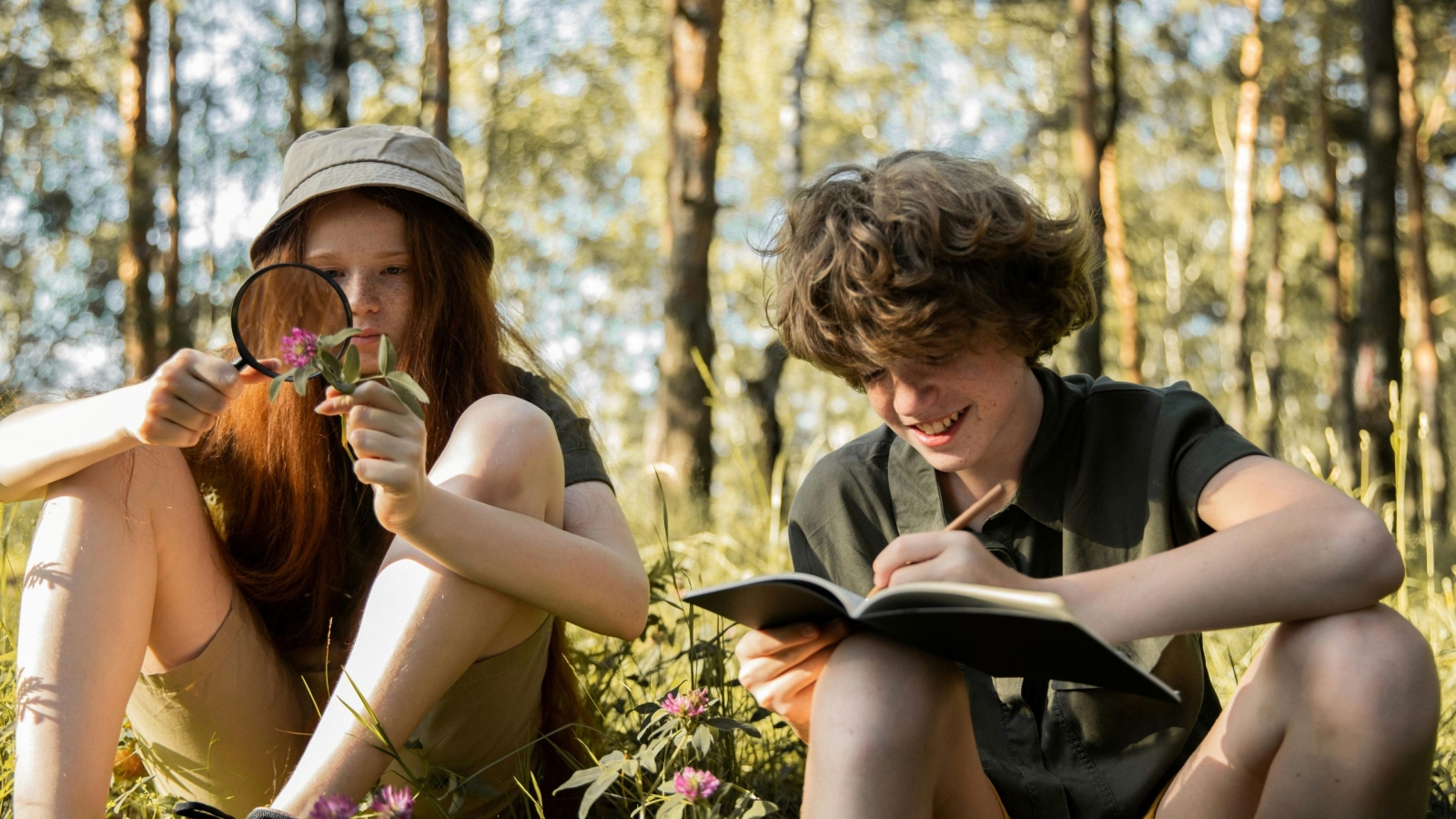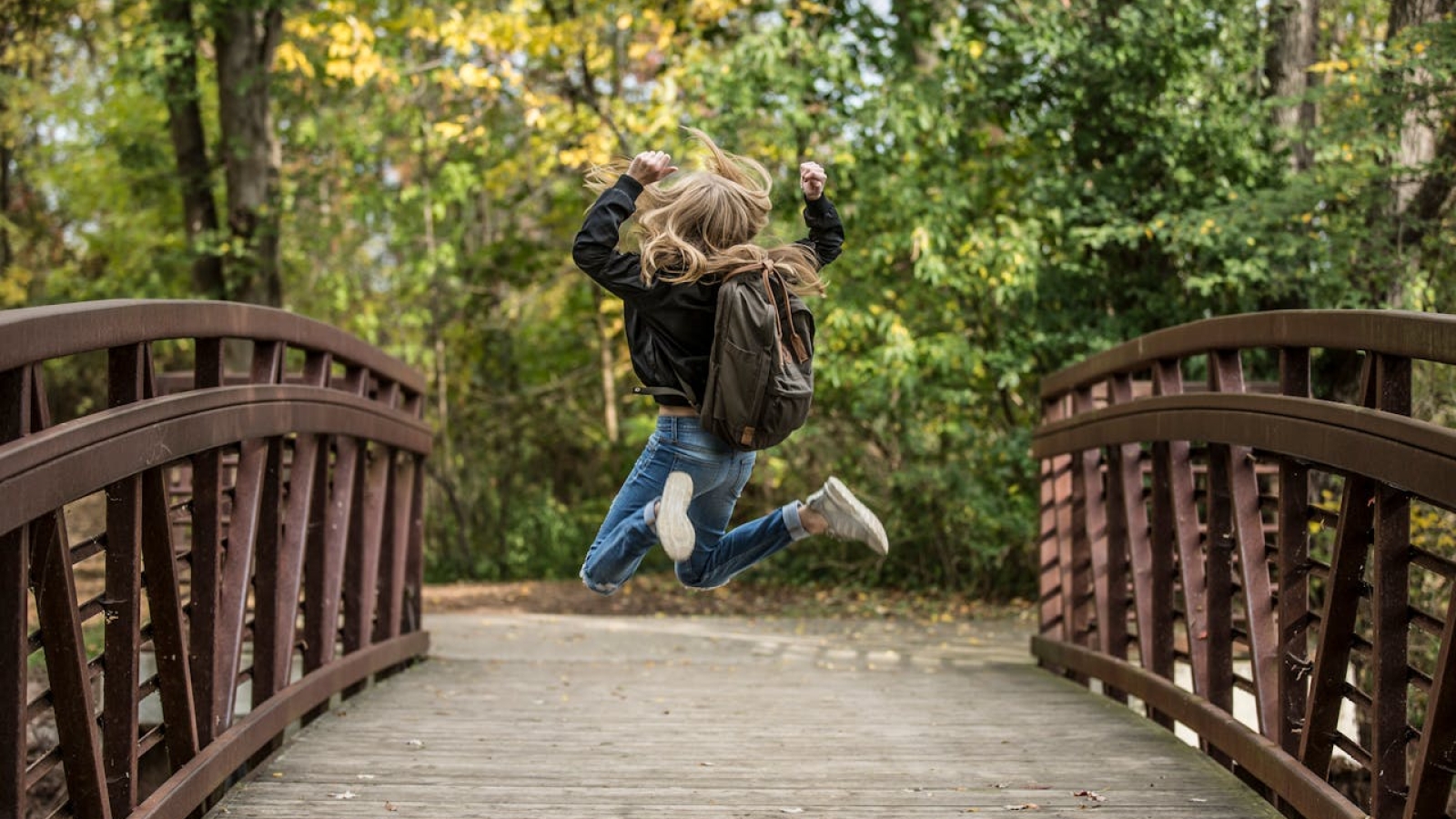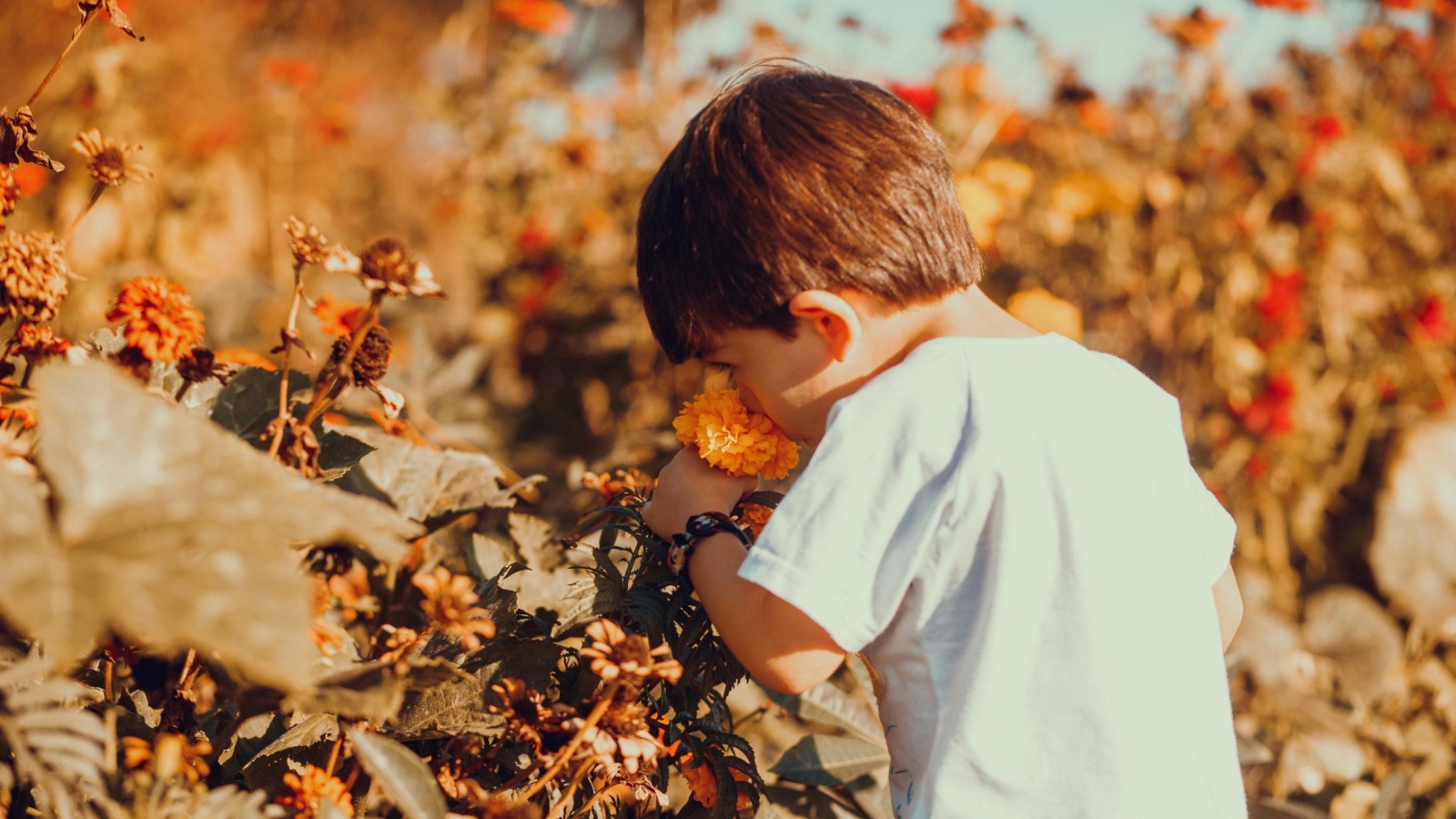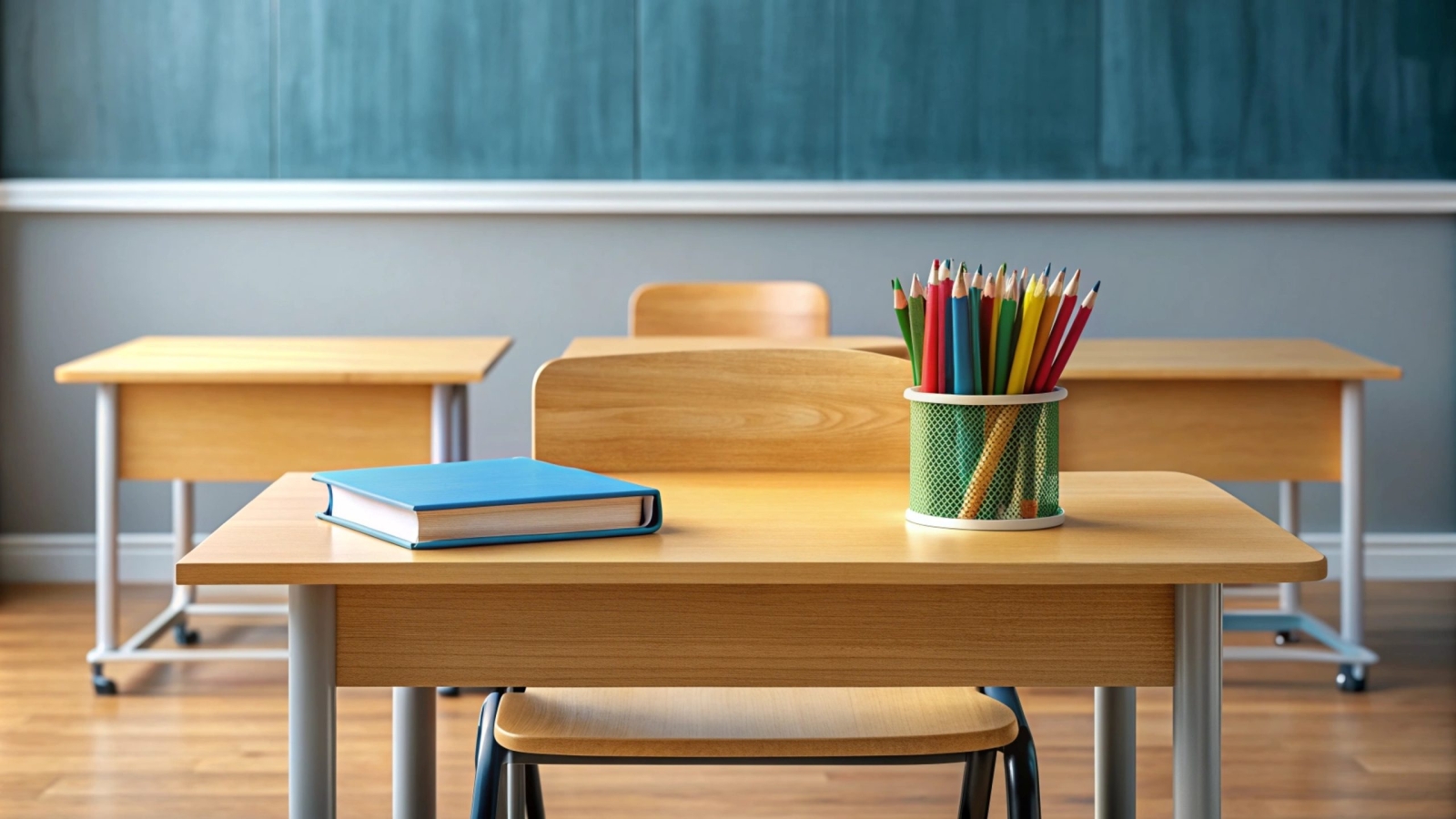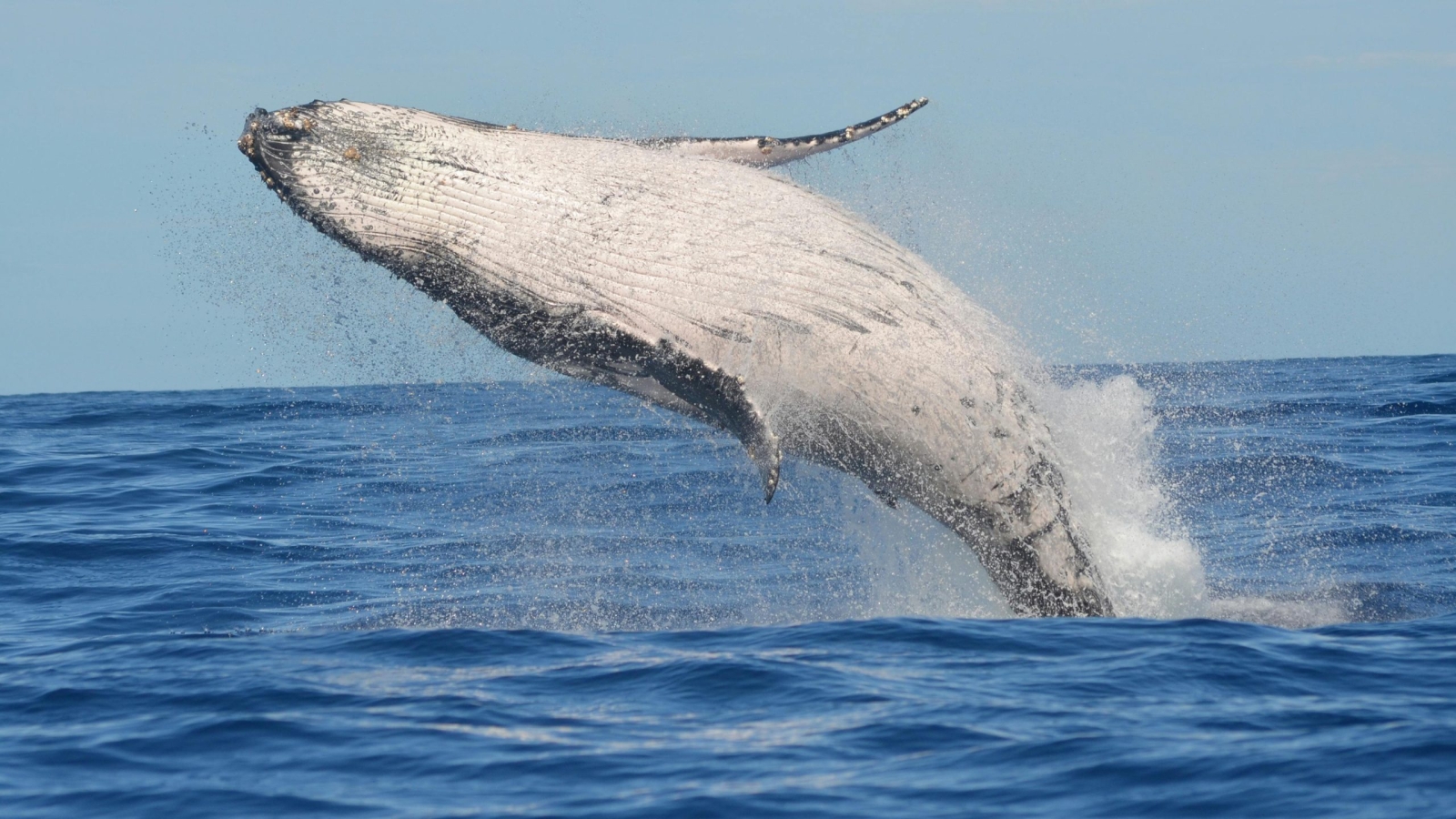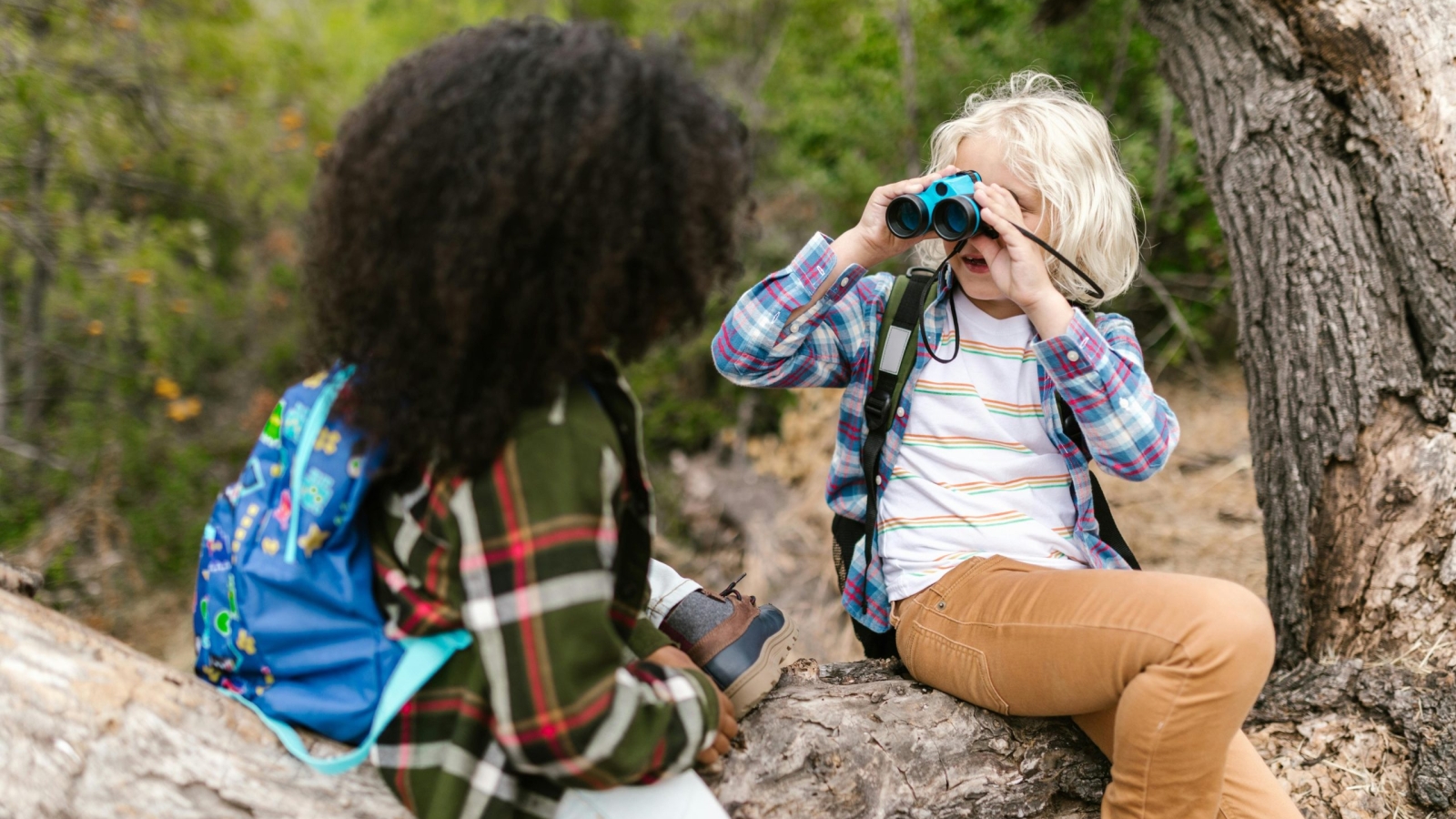Planning a school tour can feel like a big decision.
There are questions to answer, details to manage, and a quiet responsibility humming in the background: getting it right for your learners. If that sounds familiar, you’re not alone — and you’re exactly who this post is for.
Here’s what the process actually looks like when you plan a tour with Outdoor Environmental Education Africa.
Step 1: The initial conversation
It starts with a simple enquiry.
You tell us:
- your grade(s)
- your rough dates
- your goals for the experience
From there, we begin shaping options that make sense for your school — not a one-size-fits-all package, but a programme built around your learners, timelines, and expectations.
Step 2: Thoughtful planning & coordination
This is where the magic happens quietly in the background.
We coordinate:
- suitable venues and activities
- age-appropriate programming
- schedules, logistics, and flow
You’re kept informed and supported, without being buried in unnecessary admin. The aim is clarity, not complexity.
Step 3: Preparation made manageable
Once a tour is confirmed, we guide you through what comes next.
This includes:
- clear timelines
- practical information
- preparation details for learners and parents
Nothing is rushed. Nothing is vague. You know what’s happening, when it’s happening, and who’s responsible for what.
Step 4: The tour itself
This is the part learners remember.
With planning in place and expectations clear, the experience unfolds as it should — structured, engaging, and purposeful. Learners are challenged, supported, and encouraged to step outside their comfort zones in a safe, supervised environment.
And for educators?
You’re present with your learners, not scrambling behind the scenes.
Step 5: Returning with more than memories
A well-run tour doesn’t end when the bus pulls back in.
Learners return with:
- shared experiences
- renewed confidence
- stories, lessons, and growth that carry back into the classroom
That’s the real value of outdoor education — the impact lasts well beyond the final day.
You don’t have to do this alone
At Outdoor Environmental Education Africa, school tours and day trips aren’t treated as once-off events. They’re carefully considered experiences, supported every step of the way.
If you’ve been hesitating because the process feels overwhelming, know this: support and structure change everything.
🌱 Ready to take the next step?
If you’d like to explore what a tour or day trip could look like for your school, we’d love to help.
📩 Request a quotation to start the conversation.
📝 Already have dates in mind? Complete our booking form and we’ll guide you through the next steps.
Sometimes, understanding the process is all it takes to move forward with confidence.
